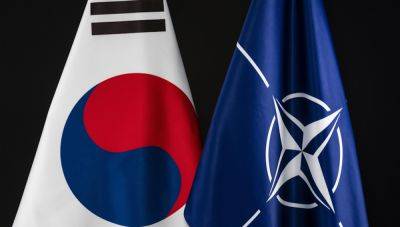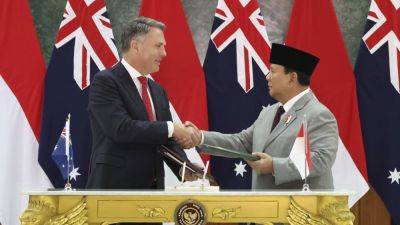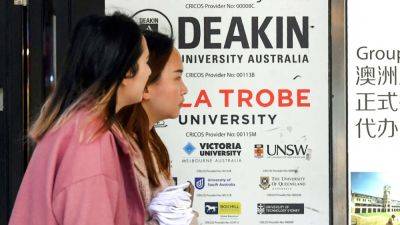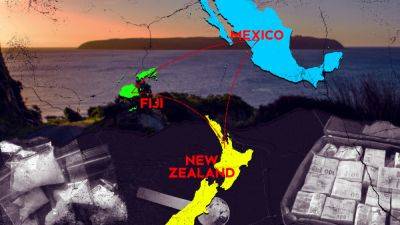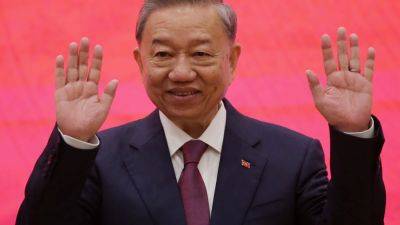The decline and fade of Australia’s soft power
This article first appeared on Pacific Forum and is republished with permission. Read the original here.
Soft power is a country’s ability to attract and co-opt rather than coerce. In practice, soft power allows countries to project their values, ideals, and culture internationally to foster goodwill, enhance security, and strengthen long-term partnerships.
Australia has long been a beacon of cultural appeal, democratic values and educational excellence—these elements have formed the bedrock of Australia’s soft power in the post-war era.
However, Australia’s soft power rankings have shown a clear downward trend over the past decade. Ranking 6th in 2015 in the The Soft Power 30 index, Australia slipped to 10th in 2019 and to 14th by 2023 in Brand Finance Global Soft Power Index.
This steady decline has profound implications for Australia’s role and security in a region where non-coercive power is increasingly critical.
For example, Edelman’s Trust Barometer highlights the overall decline in Australia’s trust levels in Southeast Asia: Australia was marked as one of the biggest losers on the index between 2021-2023, consistently landing in the distrust category with low scores between 1-49 out of 100.
This reflects a serious issue for Australian diplomacy in the era of global power competition in the Indo-Pacific region. Australia must improve its soft power diplomacy to secure its regional influence and security before it is too late.
Canberra’s shifting priorities in the region
Recent years have seen an extra grim budgetary outlook for Australia’s existing federal avenues that support soft power.
The Department of Foreign Affairs and Trade (DFAT) has massively shrinking funds, the Australian Broadcasting Corporation


